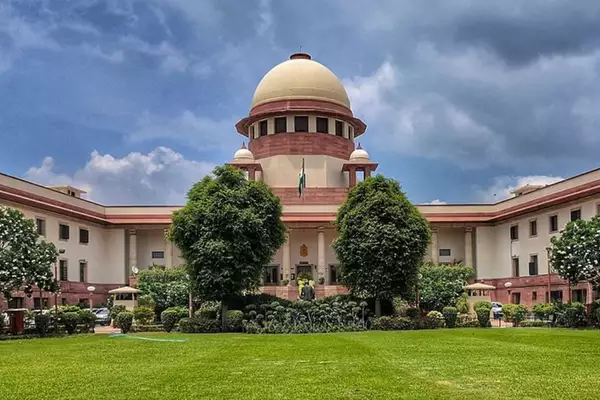The Supreme Court of India recently ruled that ‘bail is rule, jail is the exception,’ even under special statutes like the Unlawful Activities (Prevention) Act 1967.
Key highlights:
- The Court emphasized that denying bail in deserving cases violates Article 21 of the Indian Constitution, which protects the right to life and personal liberty.
- The decision reiterates that bail should be granted as a norm, with imprisonment being an exception.
Legal Provisions of Bail:
Bailable Offences (Section 479, Bhartiya Nagarik Suraksha Sanhita, 2023):
- Undertrial prisoners can be detained for a maximum of one-half of the maximum imprisonment period.
- First-time offenders must be granted bail if detained for over one-third of the maximum imprisonment period.
Special Laws:
- Acts like POCSO (2012) and the Protection of Women from Domestic Violence Act (2005) also include provisions for granting bail.
Ref: Source
| UPSC IAS Preparation Resources | |
| Current Affairs Analysis | Topperspedia |
| GS Shots | Simply Explained |
| Daily Flash Cards | Daily Quiz |
Frequently Asked Question:
What does “bail is rule, jail is the exception” mean?
It means that granting bail should be the norm, with imprisonment being reserved for exceptional cases.
Which article of the Indian Constitution protects the right to life and personal liberty?
Article 21 of the Indian Constitution protects the right to life and personal liberty.
Does this ruling apply to all laws in India?
Yes, the ruling applies even under stringent laws like the Unlawful Activities (Prevention) Act (UAPA).



